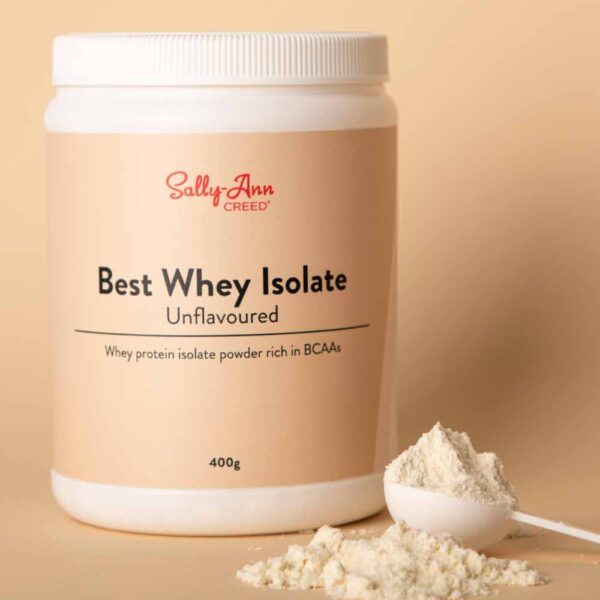Have a look at these tell-tale signs
If you suspect you are not eating enough, then up your meat, fish, eggs and poultry. We need protein to prevent muscle loss, and quite frankly, to stay alive and well. A man needs a minimum of 56g a day and a woman 46g. You can, of course, have more, but generally, around 0.8g of protein per kilo of body weight is an excellent way to work out your minimum requirement.
If any of the following apply to you, you may not be getting enough protein in your diet:
- Loss of muscle mass and decreased strength
- You are seldom full and snack constantly – protein keeps you satisfied for 5-7 hours without snacking
- You get hungry soon after eating a meal – if so eat more protein in that meal
- Anaemia – a sure sign of protein deficiency
- You struggle with energy levels, often feel tired and experience blood sugar highs and low.
- Are you often in a bad mood? It’s one sign of protein deficiency
- Do you have frequent infections/colds/flu, or do you stay sick longer without recovering?
- Do you have very weak/brittle fingernails and hair? Does your hair grow very slowly?
- Slow wound healing is a sign of protein deficiency
- You experience “stress fractures” – the body will ‘steal’ protein from your bones and organs if you don’t have enough protein
So make sure you have plenty of healthy, clean protein (not the takeaway kind), with fresh vegetables and enough healthy fats to make you feel full and preventing snack attacks. You’ll feel so much better on more protein. Animal protein is “complete protein”.
Disclaimer
You can simply click on the name of each product mentioned above (in bold) and a hyperlink will take you directly to the product for an easy purchase.
Originally published on https://www.facebook.com/SallyAnnCreedSA/ in 2020.






